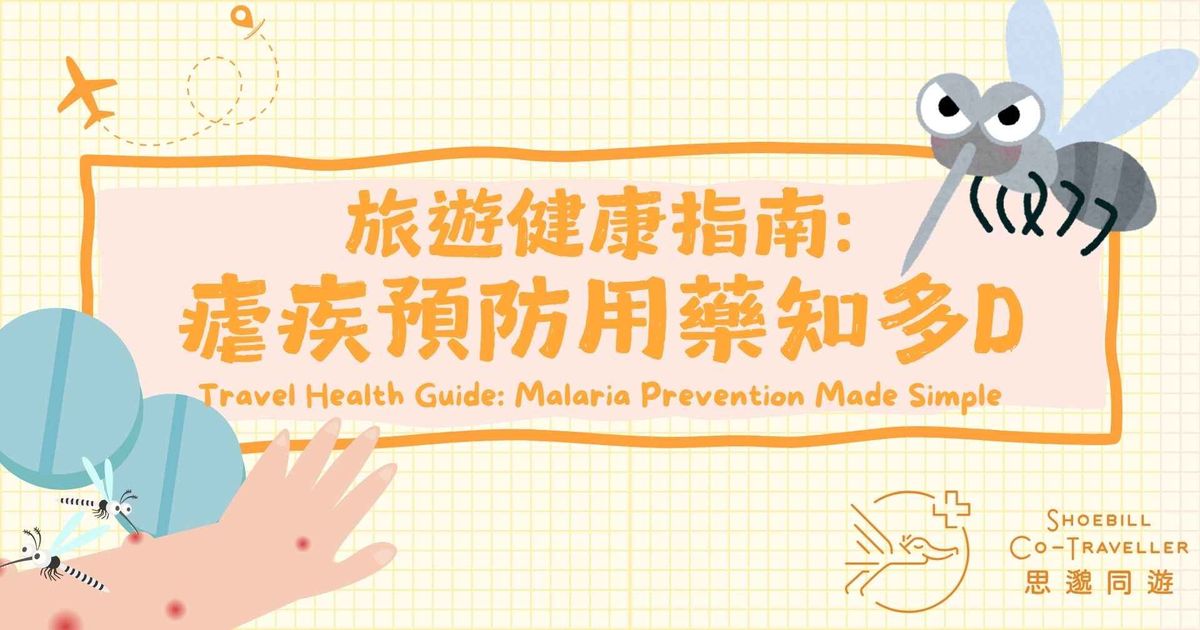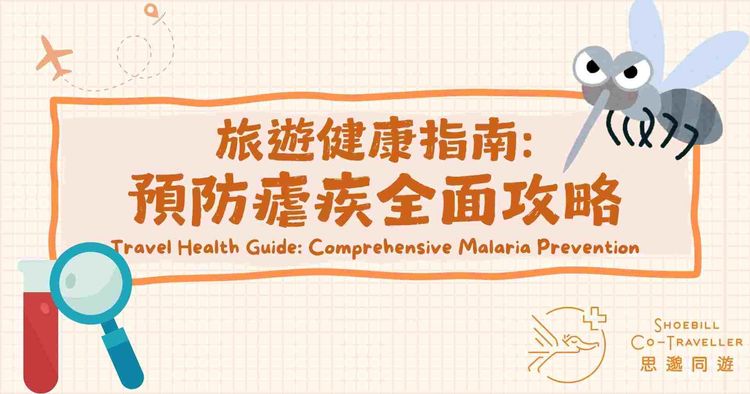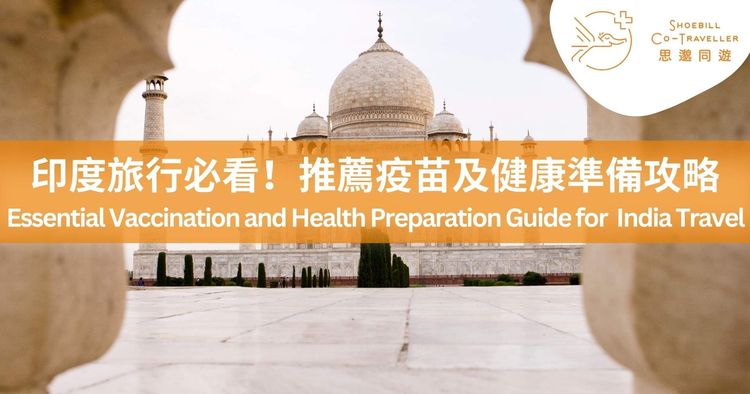Travel Health Guide: Malaria Prevention Made Simple
Planning a trip to a malaria-endemic region? Protecting yourself from this potentially life-threatening disease requires proper medication and mosquito control measures. Here’s your guide to staying safe and healthy during your travels.

Planning a trip to a malaria-endemic region? Protecting yourself from this potentially life-threatening disease requires proper medication and mosquito control measures. Here’s your guide to staying safe and healthy during your travels.
Common Antimalarias in Hong Kong
1. Atovaquone-Proguanil (Malarone®)
- Usage: Start 1-2 days before travel, take daily and continue for 7 days after leaving the malaria zone.
- Possible Side Effects: Nausea, abdominal pain, vomiting, diarrhoea, headache, mouth ulcers, hair loss, blood in urine.
- Not Suitable For: People with severe kidney impairment or allergies to the medication.
2. Doxycycline
- Usage: Start 1-2 days before travel, take daily and continue for 4 weeks after leaving the malaria zone.
- Possible Side Effects: Nausea, diarrhoea, yeast infections, sensitivity to sunlight.
- Not Suitable For: Pregnant individuals or those allergic to tetracycline antibiotics.
3. Mefloquine (Lariam®)
- Usage: Start 2-3 weeks before travel, take weekly and continue for 4 weeks after leaving the malaria zone.
- Possible Side Effects: Nausea, dizziness, headache, diarrhoea, insomnia and rare neuropsychiatric symptoms.
- Not Suitable For: People with epilepsy, psychiatric conditions or allergies to quinine-based drugs.
Six Key Tips for Using Malaria Medications
- Choose the Right Medication: Malaria parasite types and drug resistance vary by region. Your doctor will recommend the best option based on your health, medical history and destination.
- Follow Prescribed Guidelines: Start taking medications before entering the malaria zone to ensure adequate drug levels and early detection of side effects. Stick to the prescribed schedule and complete the course even after leaving the area.
- Avoid Self-Medicating: Self-prescribing can lead to ineffective prevention and severe side effects. Always seek medical advice.
- Combine With Mosquito Control: No antimalarials offers 100% protection. Use additional precautions like wearing long sleeves, applying insect repellents and sleeping under treated mosquito nets.
- Malaria Vaccines: Currently, the World Health Organization (WHO) only recommends malaria vaccines for children in endemic areas. There are no registered malaria vaccines available in Hong Kong. Adults traveling to high-risk regions should rely on medications and mosquito control measures for protection.
- Seek Medical Attention If Needed: If side effects occur while taking malaria medication during travels, consult a local doctor immediately. If you develop fever or other symptoms after returning from a malaria zone, see a doctor immediately and disclose your travel history.
Conclusion
Malaria is preventable with the right planning and guidance. By taking the appropriate medications and adopting effective mosquito control measures, you can significantly reduce your risk of infection. If you’re planning to visit a malaria-endemic region, book a consultation with our doctors to prepare for your journey. Let us help you travel with confidence and peace of mind!
Source:
Malaria Information (CDC, 2024)
Malaria (Department of Health, 2022)


